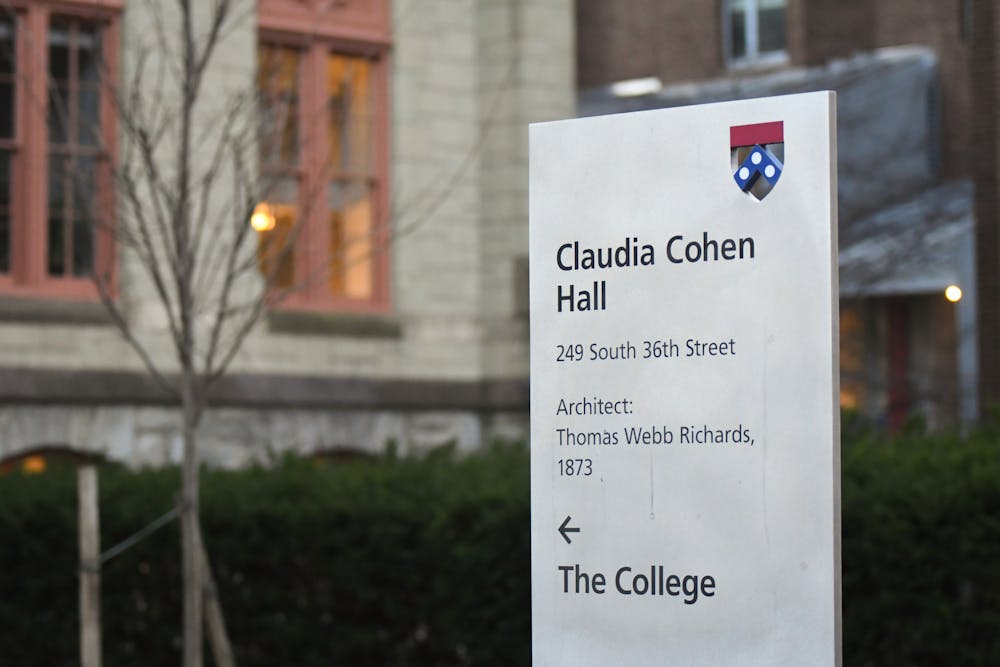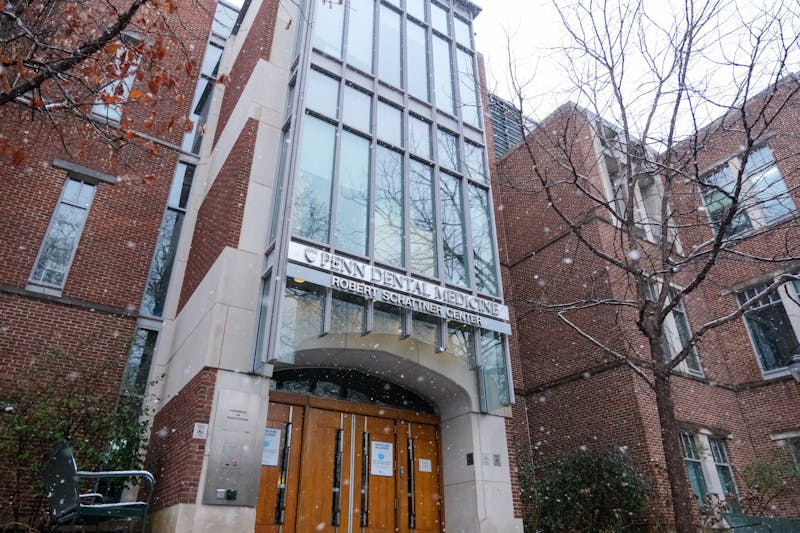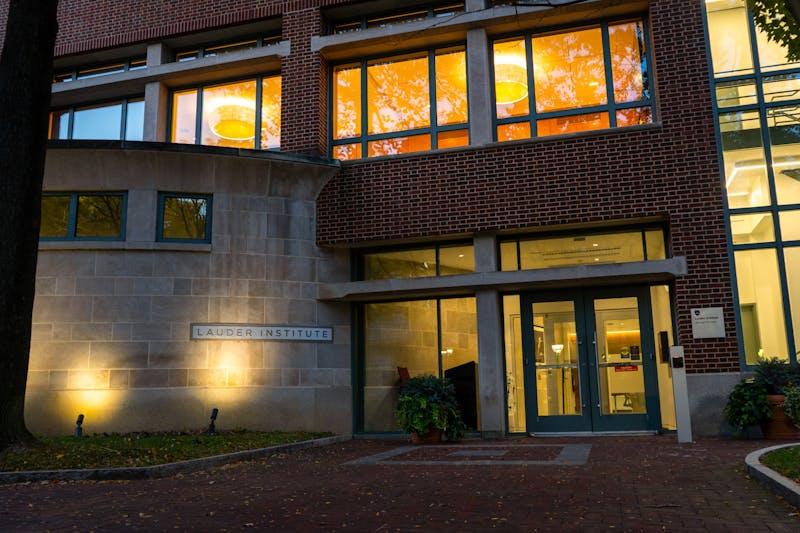
Penn community members spoke to The Daily Pennsylvanian about the College of Arts and Sciences’ process for assigning sector tags to courses — a process which several individuals described a lack of familiarity with.
The DP spoke with several members of the Committee on Undergraduate Education and other individuals familiar with the College curriculum to get an inside look at the process behind assigning sector tags. Multiple faculty members told the DP that they were unaware of how the sector tag assignment process worked and what committees were involved with such decisions.
As part of Penn's general education requirements, students in the College are required to take courses that fulfill each of the seven College sector requirements, which cover a range of academic disciplines. These requirements aim to ensure the “breadth of education across the sectors or fields of knowledge,” according to the University's undergraduate catalog.
Even if they fall within the content area of a certain sector, the College does not always allow courses to receive such sector tags. According to a spokesperson for the College, this ensures that only courses that “encourage reflection on learning more broadly” fulfill sector requirements.
The process of assigning sector tags begins with a faculty member or department submitting an application on Curriculum Manager, a platform used to "modify, track, and approve new and existing courses and programs." Any courses submitted have typically been taught before, and any faculty member who submits a course must receive approval from their department.
Following submission, the application is then sent to either the Humanities and Social Science Panel — which covers the sector tags for the Society, Arts and Letters, History and Tradition, and Humanities and Social Sciences requirements — or the Natural Science and Mathematics Panel, which covers the sector tags for the Living World, the Physical World, and Natural Science Across Disciplines requirements. Both panels are subcommittees of the larger Curriculum on Undergraduate Education.
Faculty members are nominated to the panels and the CUE by the "Committee on Committees in consultation with the Dean of the College," the College spokesperson wrote. The membership of these panels and the CUE is not publicly disclosed.
“Not all departments and interdisciplinary programs are represented every year (we have over 60 of those), but we aim for the committees to be as broadly inclusive as possible," the College spokesperson wrote. "We cycle through departments and programs to meet that goal."
As part of the review processes, the panels evaluate the syllabus of the course and the faculty member’s responses to application questions to determine if the course counts for the requested sector.
“[The faculty member] has to speak to how the course fits into the overall curriculum, how it relates to the general education requirements, and specifically to the description of the relevant sector,” Florian Schwarz, a professor of Linguistics and Chair of the NSM Panel, told the DP.
The panel then makes a recommendation about whether the course should receive a sector tag, which is then sent to the College office for final approval, according to Earth and Environmental Sciences professor and former NSM Panel member Alain Plante.
Further confusion about the assignment of sector tags developed after the process was paused from fall of 2020 until fall of 2023. The pause led to some departments developing new courses to fill a particular sector requirement, only for their applications to be denied. The DP was unable to confirm if this pause had been communicated to academic departments and their faculty members.
Classical Studies professor and Chair of the College Curriculum Committee Kimberly Bowes said "they just never ran the process" after her department developed a course to fulfill a particular sector requirement.
A College spokesperson attributed the pause to an “extensive change” to the College’s back-end systems and “general disruption due to COVID," but added that the College's sector committees continued to communicate with instructors, help develop departments' curricular plans, and "continue our ongoing work to refine our goals for general education."
Bowes speculated that the pause was due to ongoing reconsiderations of the College’s general education requirements and the feeling that the sectors and foundations were getting “a little diluted.”
“[The pandemic] gave them the opportunity to sort of pause the whole thing and be like ‘okay, what in the world is this all about,’” she said.
The pause came also amid student complaints about a lack of sector-fulfilling course options, specifically in the Living World and Physical World sectors.
“With the hard sciences, it’s really, really hard to find courses that match the right combination of elements,” College senior Michelle Wen, who is also an Undergraduate Representative on CUE and the External Chair of the Student Committee on Undergraduate Education, said.
"We don't designate courses as challenging, demanding, or relaxed," Schwarz said, "but obviously we're not oblivious to student impressions of these sorts of things."
The College is currently considering changes to sector, foundation, credit requirements for the first time in 18 years.
In a recent interview with the DP, newly-appointed Dean of the College of Arts and Sciences Peter Struck explained that one of his priorities for his first year in the position is rethinking the College's general education requirement.
He told the DP that the process — which could impact the sector and foundation requirements, the number of credits in each major, and the College’s mission statement — is not a "months-long conversation," but one that could take two years or more.
Dennis DeTurck, who served as the Dean of the College of Arts and Sciences when the sector and foundation requirements were first implemented in 2005, agreed that “it was time” for the College core curriculum to change.
“2024 is very different from 2004,” DeTurck said, and he encouraged the College to ask “what a liberal arts education mean[s] in 2024."
The Daily Pennsylvanian is an independent, student-run newspaper. Please consider making a donation to support the coverage that shapes the University. Your generosity ensures a future of strong journalism at Penn.
Donate











